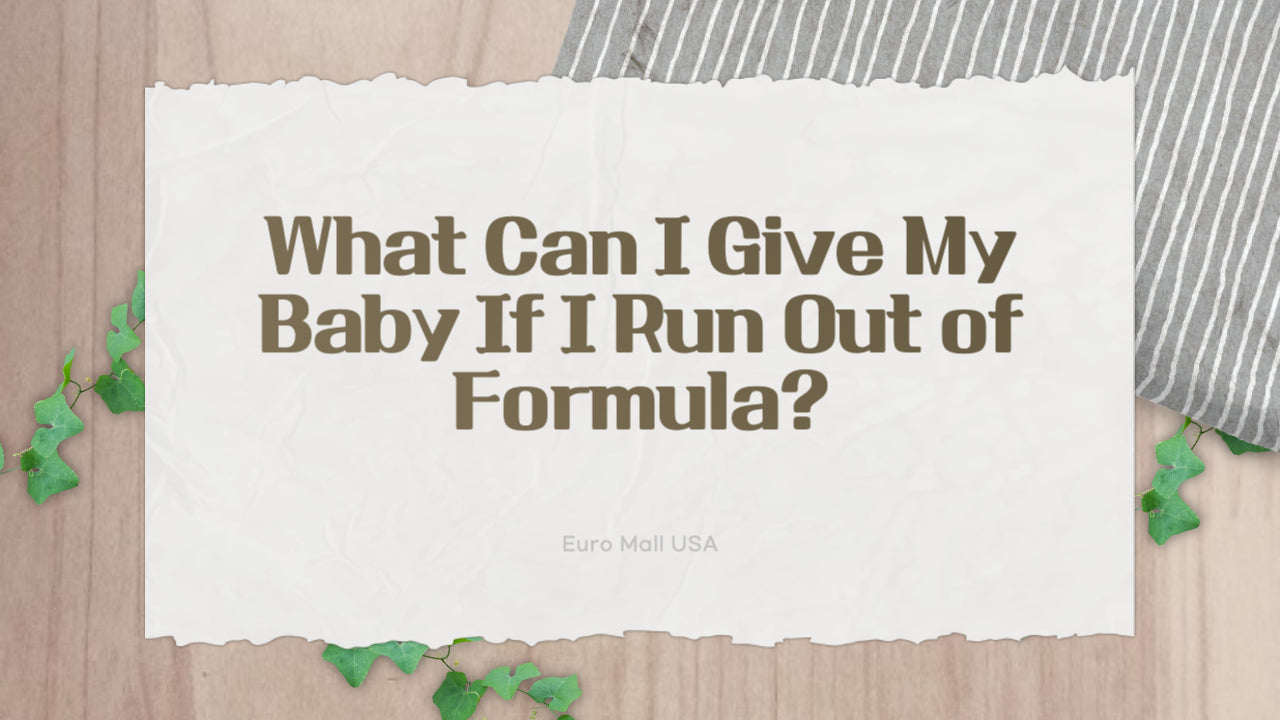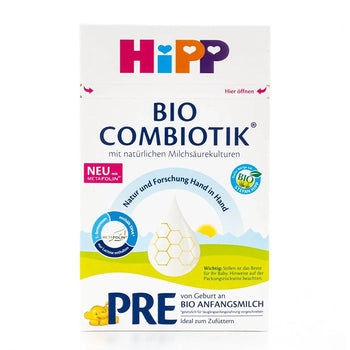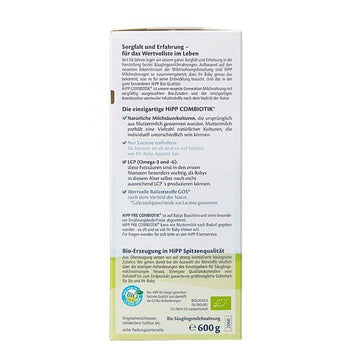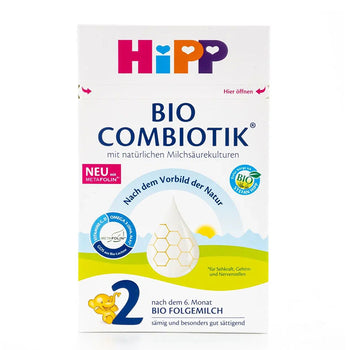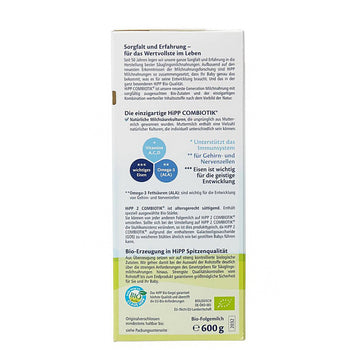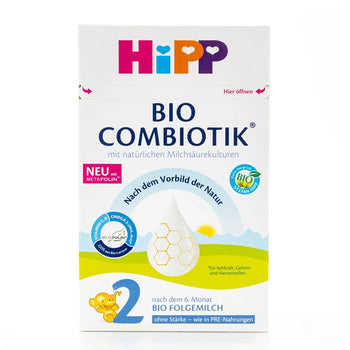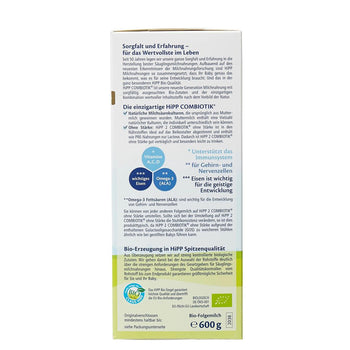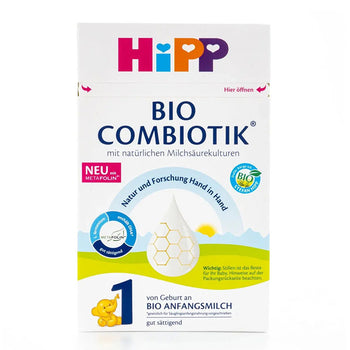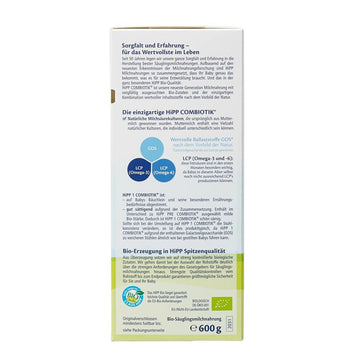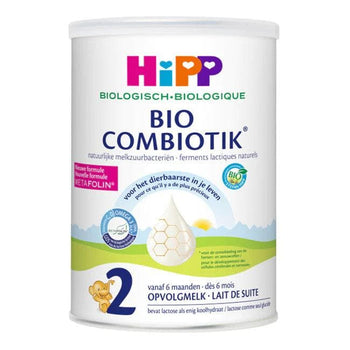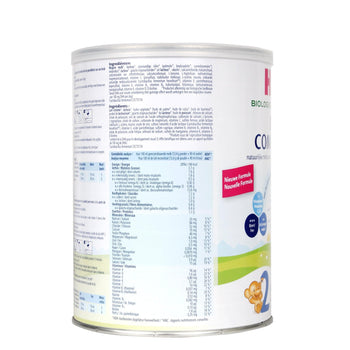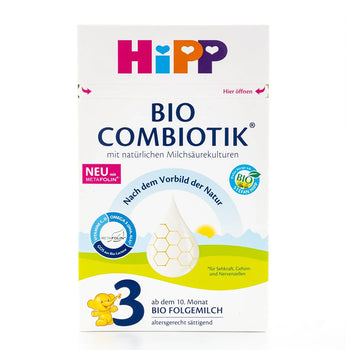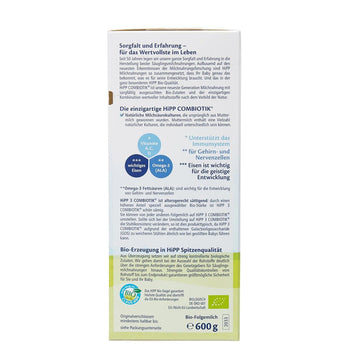Running out of infant formula can be a stressful experience for any parent. Whether it's due to unexpected circumstances or supply chain issues, finding a safe and nutritious alternative is crucial. In this blog post, we will explore various options you can consider if you find yourself in this situation. We will also touch on the benefits of European infant formula and why it might be worth considering as a long-term solution.
Understanding the Importance of Infant Formula
Infant formula is designed to mimic the nutritional profile of breast milk, providing essential nutrients that support your baby's growth and development. It contains proteins, fats, vitamins, and minerals in proportions that are suitable for infants. Therefore, it's important to choose alternatives that closely match these nutritional needs.
Temporary Alternatives to Infant Formula
Breast Milk
If you are breastfeeding but supplementing with formula, consider increasing your breastfeeding sessions. Breast milk is the best source of nutrition for your baby and can help bridge the gap until you can get more formula.
Donor Milk
Human milk banks offer pasteurized donor breast milk that has been screened for safety. This can be a good temporary alternative if you run out of formula. Check with local hospitals or lactation consultants for more information on how to access donor milk.
Homemade Formula: A Cautionary Note
While there are recipes available online for homemade baby formula, it is generally not recommended by healthcare professionals. Homemade formulas may lack essential nutrients or contain harmful ingredients that could jeopardize your baby's health.
Long-Term Solutions: European Infant Formula
If running out of formula is a recurring issue due to supply chain problems or other reasons, you might want to consider switching to European infant formula. Many parents have found European formulas to be high-quality alternatives with several benefits.
Why Choose European Infant Formula?
Stringent Regulations
European infant formulas are subject to rigorous regulations that ensure high standards of quality and safety. The European Commission sets strict guidelines on ingredients, nutritional content, and manufacturing processes.
Organic Options
Many European brands offer organic formulas made from ingredients free from pesticides and GMOs. Brands like HiPP and Holle are well-known for their organic options.
Goat Milk Formulas
For babies with cow's milk sensitivities, goat milk-based formulas like Nannycare or Kabrita offer an excellent alternative. Goat milk is easier to digest and less likely to cause allergic reactions.
No Harmful Additives
European formulas often avoid using additives like corn syrup solids or synthetic preservatives commonly found in some American brands.
How to Transition Safely
Consult Your Pediatrician
Before making any changes to your baby's diet, consult your pediatrician. They can provide personalized advice based on your baby's specific needs and health conditions.
Gradual Transition
If you're switching from one brand of formula to another (including transitioning from an American brand to a European one), do so gradually over a week or two. Start by mixing small amounts of the new formula with the old one and gradually increase the proportion of the new formula.
Monitor Your Baby's Reaction
Keep an eye on how your baby reacts during the transition period. Look out for signs like digestive issues, allergic reactions, or changes in sleep patterns. If you notice anything concerning, consult your pediatrician immediately.
Emergency Measures: What Not To Do
In desperate situations where no immediate alternatives are available:
- Avoid Cow's Milk: Cow's milk lacks essential nutrients required by infants under one year old.
- No Diluted Formula: Diluting formula reduces its nutritional value and can lead to water intoxication.
- Steer Clear of Plant-Based Milks: Almond milk, soy milk, rice milk etc., do not provide adequate nutrition for infants.
Conclusion
Running out of infant formula is undoubtedly stressful but knowing what safe alternatives exist can ease some anxiety during such times. While temporary solutions like increased breastfeeding sessions or donor milk can help in emergencies; considering long-term options such as high-quality European infant formulas might provide peace-of-mind regarding consistent availability coupled with superior nutritional benefits.
Always remember—consulting healthcare professionals before making any dietary changes ensures that you're making informed decisions tailored specifically towards optimizing your little one's health journey!




